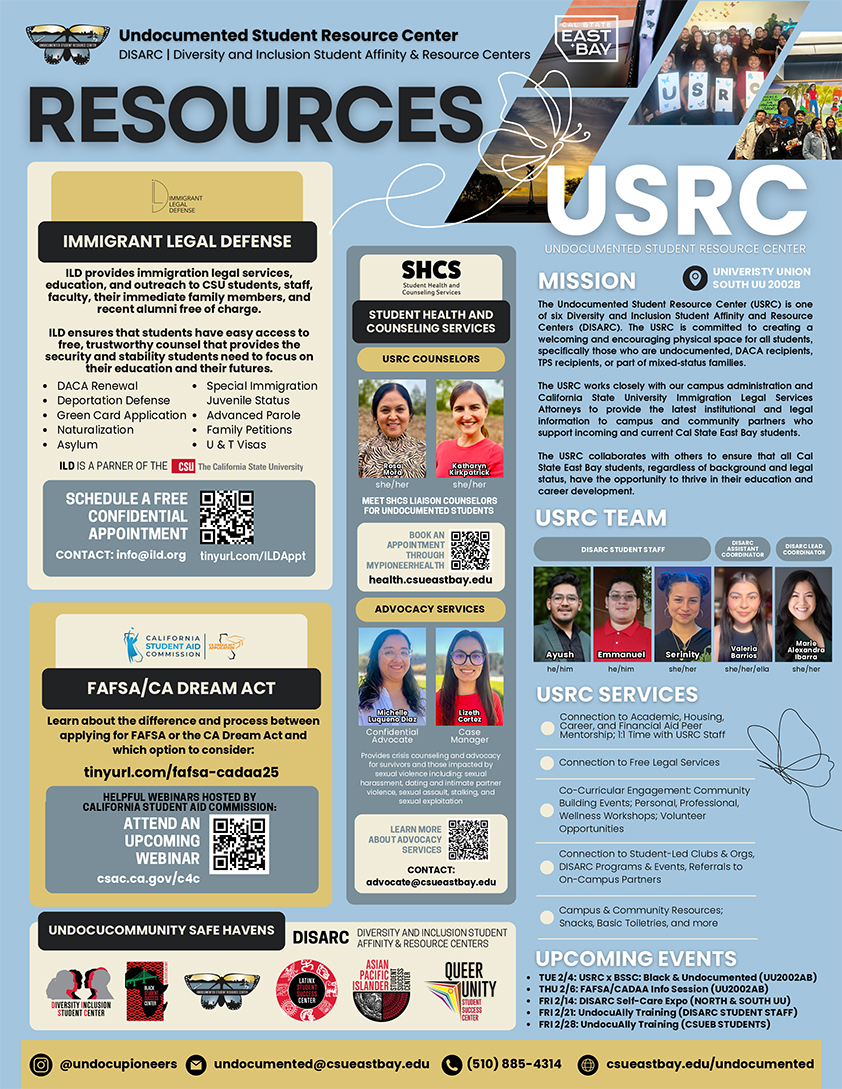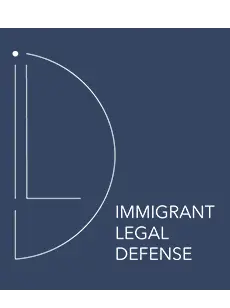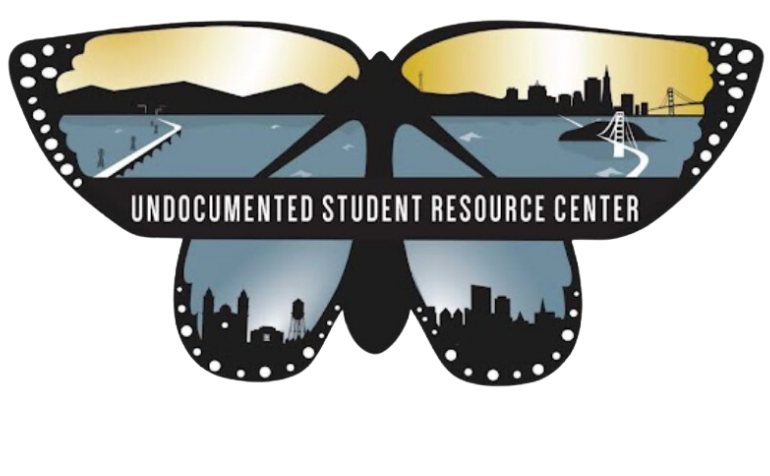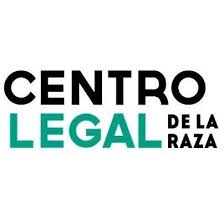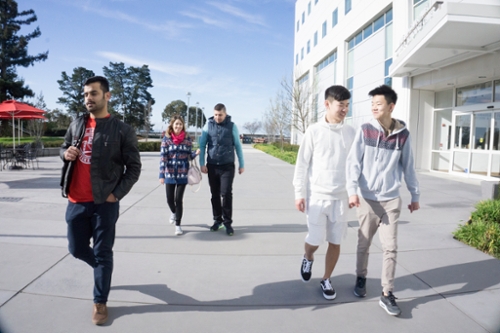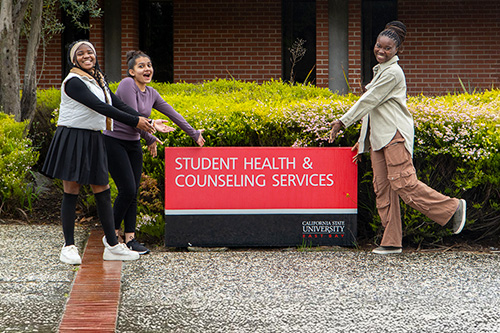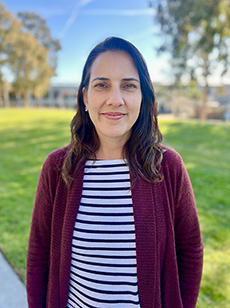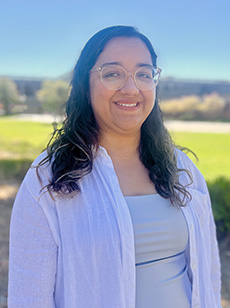Resources for Undocumented, International and Immigrant Students and Employees
All Campus & CSU Resources PDF
Here is an easy-to-use page with QR codes for links to all of the different resources on campus and at the CSU system for Undocumented Students and Employees. This document was produced by the Cal State East Bay Undocumented Student Resource Center.
Resources for Undocumented Students/Employees And Immigrant Legal Services
- Deportation Defense
- Family Petitions
- GreenCards
- U-Visa
- AND MORE!
CSU System Resources for Undocumented Students
The CSU offers Resources for Undocumented Students:
- DACA Updates
- Legal Support
- Campus Support
- Admissions Process
- Financial Aid
- Residency for Tuition Purposes
- Communications and Guidance
Undocumented Student Resource Center
Cal State East Bay has an Undocumented Student Resource Center on campus that serves all students and employees.
DACA Renewal Application Support Waitlist
Individuals who need support with their DACA Renewal application may sign up on this waitlist so that you will be notified and registered for the next DACA renewal application workshop hosted by Centro Legal de la Raza. Those who participate in the workshop are eligible for financial support to help pay for the renewal fee.
-
Know Your Rights as an Immigrant Resources
The CSU publicly posts several materials alerting individuals to their immigration rights and protections under the law. See materials
These reminders are from CA State Attorney General Robert Bonta issued on 12-17-24:
- You have the right to apply for and secure housing without sharing your immigration status. California law prohibits housing providers from asking about your immigration status unless you are applying for affordable housing funded by the federal government.
- Housing providers cannot harass or intimidate you by threatening or sharing information about your immigration status to ICE, law enforcement, or government.
- You have the right to access emergency medical care. Federal laws and regulations ensure the rights of all people to access emergency medical care, including undocumented.
- You have the right to an attorney. If you are arrested by police, you have the right to a government-appointed attorney. If you are detained by ICE and/or are facing immigration proceedings, you have the right to seek legal assistance through an attorney.
- State and local law enforcement cannot ask for your immigration status. California law expressly prohibits law enforcement from inquiring about a person’s immigration status for immigration enforcement purposes.
- State and local law enforcement cannot share your personal information. This includes sharing your home or work address for immigration purposes, unless that information is available to the public or unless that information involves previous criminal history.
- State and local law enforcement cannot assist ICE with immigration enforcement, with very limited exceptions. This means they cannot investigate, cannot interrogate, cannot arrest, and cannot detain you unless it is as part of joint federal task force where the primary purpose is not immigration enforcement.
The full “Know Your Immigration Rights” consumer alert is available in English, Spanish, Chinese, Korean, Tagalog, and Vietnamese at oag.ca.gov/immigrant/resources
-
These cautions are from CA State Attorney General Robert Bonta issued on 12-17-24
If you need help applying for immigration relief, be careful who you hire. Watch out for immigration scams that can cost you thousands of dollars and/or harm your immigration status! Here are some tips and resources to help:
- Go to a legitimate legal aid organization for free legal help. Many nonprofit organizations provide free immigration help to low-income individuals, such as those found through the resources below. To find a legal aid organization near you, go to https://www.lawhelpca.org/. CSU has pro bono Immigrant Legal Defense for students, employees or their family members. https://www.ild.org/.
- Keep your original documents in a safe place. Don’t give your original documents to anyone unless you see proof that the government requires the original document. If you give someone an original, they may lose it or refuse to return it unless you pay them.
- Do not hire an immigration consultant or a notary. Only lawyers, accredited representatives, and recognized organizations can give you legal advice or represent you in immigration court. Immigration consultants – who may call themselves immigration experts, notarios, notaries public, or paralegals – cannot do so.
- Do not give money or personal information to anyone who calls, texts, or emails you claiming that there is a problem with your immigration matter. No federal or state agency, including USCIS, will ever ask for your personal information or payment over the phone, email, or text.
-
Public Charge Rule was shut down by federal courts.
Previous Administration’s efforts to expand the “public-charge rule” which would have denied permanent resident status to immigrants if they used public benefits like food assistance or Medicaid was ruled illegal in federal courts (led by California State Attorney General as lead plaintiff)
California State Attorney General Robert Bonta public statement on 11/7/2024:Bonta vowed to protect undocumented immigrants, and all immigrants in the State of California in the coming administration.
-
In 2017, the CSU issued Frequently Asked Questions for California State University Employees About Federal Immigration Enforcement Actions on University Property. The CSU has updated the FAQ, which is publicly posted on the Resources for Undocumented Students webpage and can be distributed to relevant stakeholders. See the FAQ here.
-
The California Attorney General issued Guidance and Model Policies to Assist California Colleges and Universities in Responding to Immigration Issues. These guidelines are intended to assist university personnel in navigating immigration enforcement actions on campus. Guidance from the Attorney General was previously circulated to the presidents and is posted on the Resources for Undocumented Students: Resources, Guides and FAQs page. See the guidance here.
-
The 2025-26 financial aid application cycle officially began on December 2, 2024. Understanding that students and their families may have concerns about privacy when completing financial aid applications, the California Student Aid Commission has provided the attached memo and published a website with information for 2025-26 financial aid for mixed status families. Their guidance is here.
